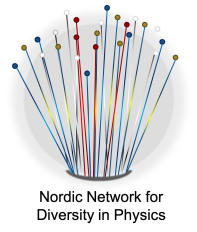Speaker
Description
One of the most important cosmological discoveries ever made is that our Universe is
expanding, and that this expansion is accelerated. Interestingly, we don’t know why! The best
model so far describing the evolution of our Universe is primarily dominated by Dark energy,
a mysterious force which comprises ~75% of our Universe, and is believed to cause the
expansion. Additionally, measurements of the rate of expansion of the Universe, called the
Hubble constant, made using nearby stars and galaxies are inconsistent with those
determined using signatures from the faraway Universe- a mind-bending problem in
current cosmology called the ‘Hubble Tension’. Solving these puzzles is imperative to
comprehend the origin, age, evolution, and ultimately the fate of our Universe.
I will take about my PhD and current research which focuses on advancing the standardization of
various types of explosive transients such as supernovae Type Ia (SNe Ia), superluminous supernovae (SLSNe)
and Kilonovae (KNe). I develop new methods for using these stellar explosions to measure cosmological
distances and evaluating the rate of expansion of our Universe i.e. the Hubble constant.
I will briefly present recent results for each of these transients and discuss some future perspectives.
